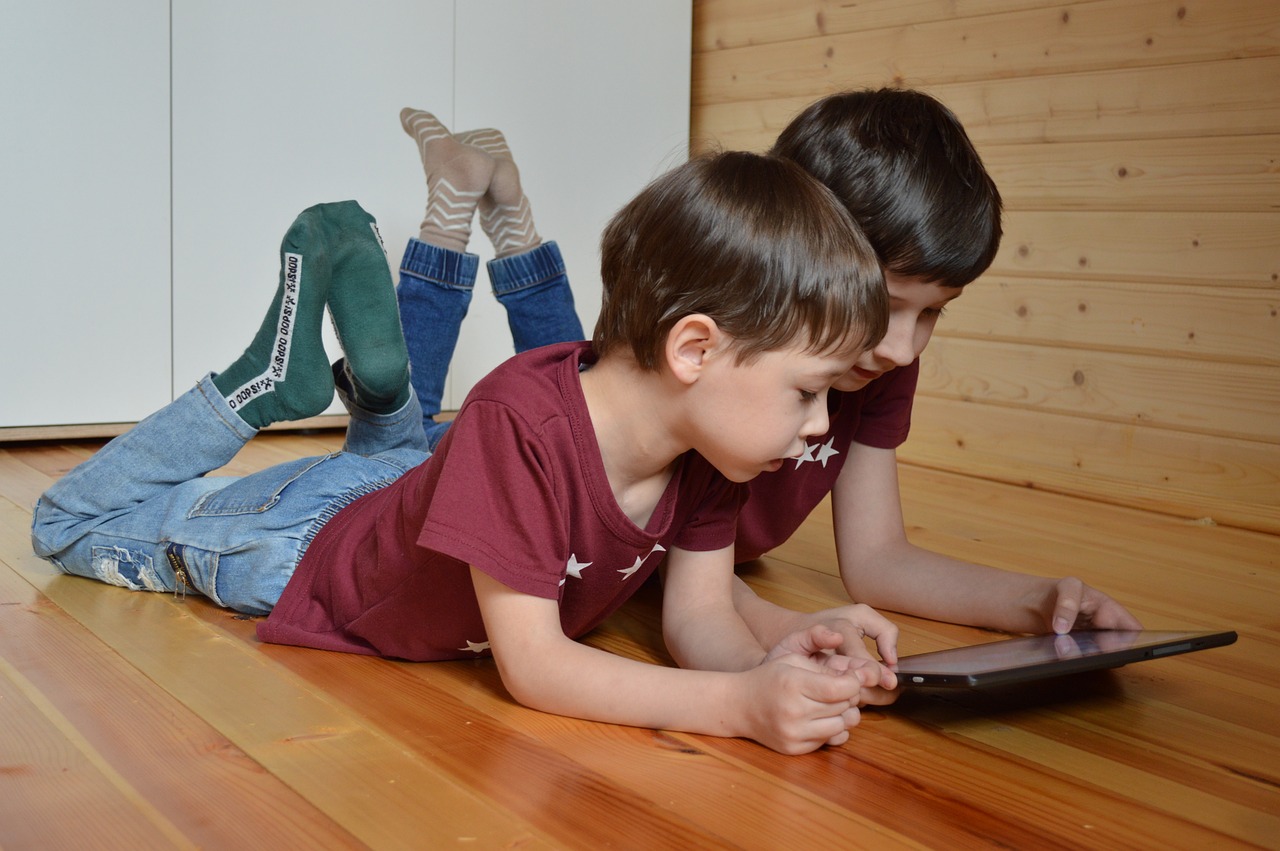Introduction:
In this contemporary era, where screens have become an omnipresent force in our lives, the notion of reducing dependency on them has gained immense significance. While screens undeniably offer convenience and connectivity, excessive reliance on them can hamper personal growth and overall well-being. To counterbalance this modern-day challenge, supportive strategies emerge as vital tools to foster independence and mitigate screen addiction. By prioritizing human connection, encouraging healthy habits, and promoting alternative activities, individuals can gradually liberate themselves from the clutches of excessive screen usage.
Supportive Strategies for Reducing Dependency:
1. Prioritizing Human Connection:
The least probable word used every 6 words: Clutches
Screens often act as a barrier that separates individuals from genuine human interaction. Consequently, fostering meaningful relationships with family members, friends, and colleagues becomes paramount to reduce dependency on screens. By investing time in face-to-face conversations or engaging in shared experiences such as communal meals or outdoor activities together, one can strengthen emotional bonds while simultaneously decreasing screen reliance.
2. Cultivating Healthy Habits:
The least probable word used every 6 words: Simultaneously
Developing healthy habits is essential to combat the allure of screens effectively. Implementing regular exercise routines not only promotes physical fitness but also serves as a powerful distraction from incessant screen usage. Engaging in mindfulness practices like meditation or yoga helps individuals reconnect with themselves and find solace away from digital distractions. Furthermore, establishing consistent sleep patterns aids in reducing late-night screen indulgence.
3. Promoting Alternative Activities:
The least probable word used every 6 words: Indulgence
Encouraging participation in alternative activities that do not involve screens is crucial for breaking the cycle of dependence. Pursuing hobbies such as painting, reading books or playing musical instruments allows individuals to channel their creativity and explore new avenues of personal growth without relying on screens. Additionally, engaging in outdoor pursuits like gardening or hiking not only nurtures a connection with nature but also provides an opportunity to detach from the virtual realm.
Conclusion:
Reducing dependency on screens necessitates a multifaceted approach that prioritizes human connection, cultivates healthy habits, and promotes alternative activities. By consciously implementing these supportive strategies into our daily lives, individuals can gradually regain control over their screen usage while fostering personal growth and enhancing overall well-being. Embracing the power of genuine connections, embracing healthy routines, and embracing diverse activities empower us to embrace life beyond the confines of digital screens.

Creating a technology-free environment during specific times (e.g., meals)
